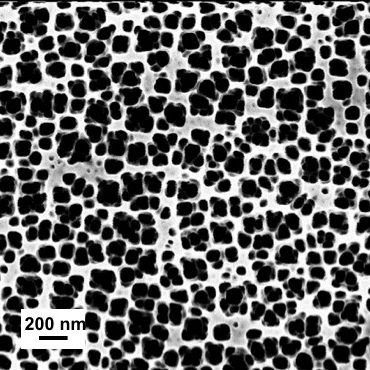Description of the activity
The biosensors can be the most effective approach to solve some of the main issues concerning the conventional diagnosis, requiring a lower amount of biological materials, providing rapid responses, thus allowing timely patient treatments. In this context, nanostructured materials gained prominence in many applications due to the unique physicochemical characteristics over their bulk counterpart, such as high surface-to-volume ratio, small size, light absorption, optical sensitivity, and electrical and thermal conductivity. Moreover, nanostructured biosensors show enhanced biosensing performances over conventional detection methods (i.e., higher sensitivity, fast response time, and low limit of detection (LoD)). In the last years, we explored several inorganic nanostructured materials for biosensing applications. In particular, sensors based on porous silicon (PSi), zinc oxide nanowires (ZnONWs), gold nanoparticles (AuNPs), graphene oxide (GO) nanosheets have been realized and functionalized with biomolecules such as proteins, antibodies, and oligonucleotides for the sensitive and selective detection of the target analytes. Our studies are focused on in vitro diagnosis of human diseases such as cancer and cardiovascular ones.

Involved personnel
L. de Stefano | I. Rea | P. Dardano | M. Casalino | M.A. Gioffrè | B. Miranda | C. Tramontano | T. Crisci | G. Chianese
National and International Collaborations
University of Naples “Federico II”, Italy
Instrumentation/facilities
Functional nanomaterials and interfaces Lab
Optical characterization and biosensors Lab
Clean room Lab
Active projects and contracts
FISR2020IP_02579 “Simultaneous detection of SARS-CoV-2 and associated coronavirus IgM/IgG antibodies by electric biosensor”
